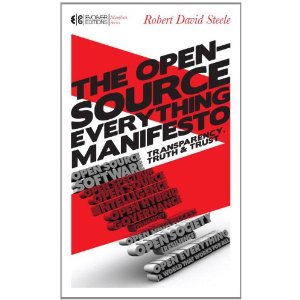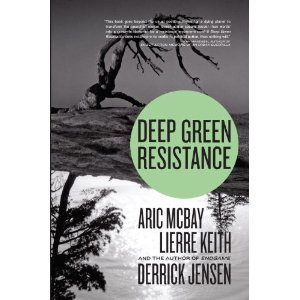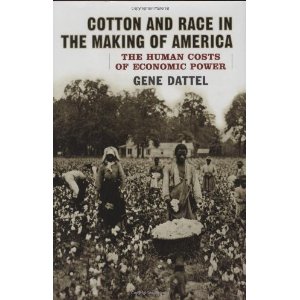
Andrew P. Napolitano
7 Stars — Documents Presidential Perfidy – Life Transformative for This Reason
I broke with the Republican Party over Iran-Contra and belatedly, the one trillion a year that Reagan started shamelessly borrowing to fund the dual welfare system — a dysfunctional military-espionage-industrial complex for the right, and a dysfunctional regulatory myopic and equally toxic individual welfare system for the left, all while ignoring banking and corporate predation. Fox News broke with me when I said, on live Fox, that the Global War on Terror was a fraud. Fox may be getting smarter, certainly this book causes me to reconsider where the right might be. I like the book very much. Although an Op-Ed book that lacks the eye candy (the Constitution as an appendix, and charts showing the specifics of Roosevelt's and Wilson's violations, maps of global and domestic depravities carried out in the public name and at the public's expense), this is a superb primer, a superb eye-opener, not just for the normal American with little time to read, but also, absolutely, for those like myself who read a great deal but may not have been well grounded in the areas where Judge Napolitano has spent hard time in the trenches.
I notice immediately that among his many books are two that resonate with everything that I and others do at Phi Beta Iota the Public Intelligence Blog (“The truth at any cost lowers all other costs”):
Constitutional Chaos: What Happens When the Government Breaks Its Own Laws
Lies the Government Told You: Myth, Power, and Deception in American History
This book is a measured and hence valuable overview of thirteen unconstitutional turns in our last century and a half. I thought, with all the other excellent reviews already up, that the best contribution I could make is single out the one where I learned the most, and then offer an additional recommended reading in each of eight other areas where the author has sharpened my understanding and heightened my patriotic anger.
EYE OPENER: I never gave much thought to the 17th amendment that took states' right away by taking away the role of the Senators as representatives of the State, instead turning them into the standard mob mouthpieces of the two-party tyranny. Now I am in Afghanistan, where a federal system has made corruption the central fact of life, destroyed the diversity and integrity of the provinces, and set the stage for another civil war when the US limps out. The older I get and the more I learn, the more I treasure grass-roots diversity down to municipal and county rights — NO from the bottom must trump “because I say so” from the top. I am adding reversal of 17th Amendment to my “to do” list at We the People Reform Coalition, joining my view that secession is the right of every state, and nullification in the public interest is the OBLIGATION of every Governor and state legislature.
Now here are eight of the thirteen chapters, each a lesson plan on its own, my only contribution here is to add a short blurb and one recommended additional reading for each of these chapters (I have reviewed each, my reviews are summary in nature for those who do not have the time or do not wish to purchase the books).







